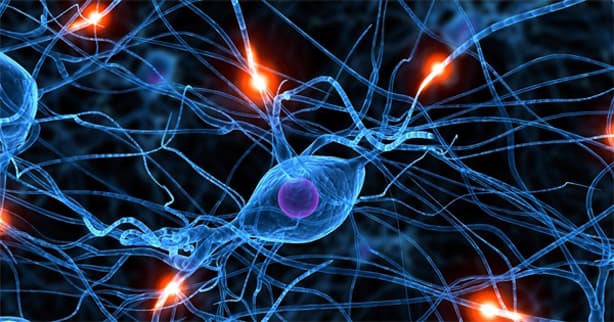Undergoing Specially Designed Tests To Sharpen Driving Skills Of The Elderly
It is scientifically proven that external trainings following a procedural method shapes the brain to learn or adapt to new skills. Humans learn to cycle, drive, swim or play guitar after birth through years of practice. Scientists from the University of South Florida have devised a new set of trainings that can eventually guide adult drivers to play safe on roads by depending on their individual neural work factory.
The team curated a program to assess the cognitive "speed of processing" training (SPT) among adult drivers and reached the conclusion that the training extensively improved concentration and reflexes. Moreover, the complete process helped them to uniquely build up driving mobility. Jerri Edwards, associate professor in USF's School of Aging Studies in the College of Behavioral and Community Sciences explained that SPT actually provides some key concepts to escalate information processing by reducing the time taken by a prospective mind.

The training consisted of a computerized cognition-improving algorithm which helped the drivers to decipher more complex information with time. The task required synchronization among visual and auditory target identification, discrimination and localization. The test included both types of drivers who had already undergone a memory enhancing training program and some who had gone through none. The average age of drivers in the study was 73 years.
The results collected from three columns namely frequency of driving (per week), driving exposure and driving space (distance from home driven), on a range of 5 years highlighted that SPT can vastly improve driving mobility over a span of 5 years. The team concluded that in the next project, they would run a test that would verify the number of exact trainings required to improve the drivers’ reflexes. The complete research report was published in the Journal of Gerontology: Psychological Sciences and Social Sciences.
Source: #-Link-Snipped-#
The team curated a program to assess the cognitive "speed of processing" training (SPT) among adult drivers and reached the conclusion that the training extensively improved concentration and reflexes. Moreover, the complete process helped them to uniquely build up driving mobility. Jerri Edwards, associate professor in USF's School of Aging Studies in the College of Behavioral and Community Sciences explained that SPT actually provides some key concepts to escalate information processing by reducing the time taken by a prospective mind.

The training consisted of a computerized cognition-improving algorithm which helped the drivers to decipher more complex information with time. The task required synchronization among visual and auditory target identification, discrimination and localization. The test included both types of drivers who had already undergone a memory enhancing training program and some who had gone through none. The average age of drivers in the study was 73 years.
The results collected from three columns namely frequency of driving (per week), driving exposure and driving space (distance from home driven), on a range of 5 years highlighted that SPT can vastly improve driving mobility over a span of 5 years. The team concluded that in the next project, they would run a test that would verify the number of exact trainings required to improve the drivers’ reflexes. The complete research report was published in the Journal of Gerontology: Psychological Sciences and Social Sciences.
Source: #-Link-Snipped-#
0

